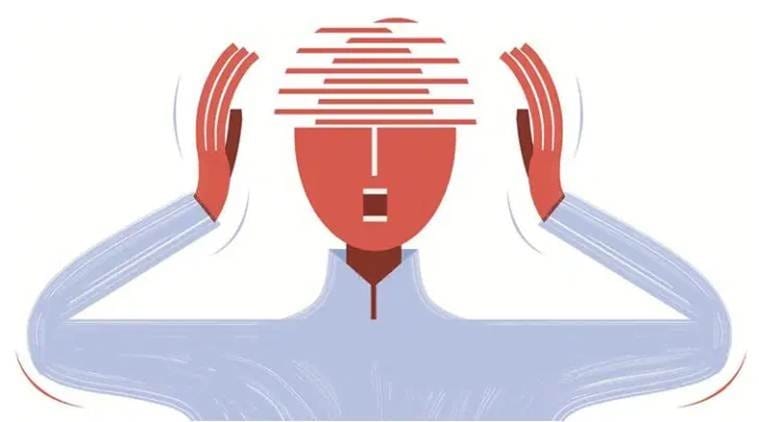 During the lockdown, several destitute persons were picked from across Mumbai and reportedly sent to shelter homes. (Representational)
During the lockdown, several destitute persons were picked from across Mumbai and reportedly sent to shelter homes. (Representational)
While most departments including out-patient services are slowly returning to normal at government hospitals, many are yet to resume admission of mentally ill patients.
At Gokuldas Tejpal (GT) Hospital, admission of psychiatric patients have been shut since April when the hospital was converted into a dedicated Covid-19 facility.
Admission of mentally ill patients also stopped at the JJ Hospital that month. Though it is not a full-fledged Covid-19 hospital, its psychiatry ward was converted into a Covid ward due to paucity of space. According to officials, it may take months before the hospital can resume admissions for mentally ill patients. “We are managing schizophrenia or psychosis patients on an out-patient basis,” said Dr Vinayak Kale, head of psychiatry department in JJ Hospital.
Another doctor from the hospital said recently some mentally ill patients, who needed hospitalisation, were referred to Sion hospital. “But options for mentally ill patients to get treated have reduced in the city,” the doctor added.
According to lecturer Prakhar Jain, the load of novel coronavirus-related stress and anxiety has gone up in the last three months among patients, hospital staffers and doctors. “This is a new burden that has come up in mental health. All of them need counselling to deal with the pandemic,” he said. Currently, resident doctors of JJ hospital are managing both the OPDs as well as counselling Covid-19 patients and healthcare workers.
At Sion hospital, of the 24 resident doctors in the psychiatry department, 20 have been assigned on Covid-19 duties at Seven Hills Hospital, BKC Covid Care Centre and Sion hospital. There are only four doctors to handle the bulk of psychiatry patients. From 30 patients in the psychiatry ward at any given time before the pandemic, the capacity has come down to 11 patients on Thursday.
Head of the psychiatry department at the hospital, Dr Nilesh Shah, said the number of mentally ill patients at OPDs had come down from 250 to 300 to just 150 per day over the three months. “There are two reasons for the dip: firstly, psychiatry patients and their families are scared to visit a hospital, and secondly, we are also facing a staff shortage to treat them,” Shah said.
Like Sion hospital, psychiatry departments at all hospitals are currently overburdened with counselling Covid-related patients and don’t have enough manpower to handle psychosis and schizophrenic cases.
At Thane Mental Hospital, the first quarter (January to March) saw 13,174 psychiatric patients in OPD and 567 admissions. That plummeted to 6,150 patients in OPD in the second quarter (April to June) and only 61 admissions. The admissions fell by 90 per cent. The hospital is not involved in Covid-19 care, but an official said the fear of admitting a new patient comes with the risk of the coronavirus infection and, therefore, there were selective admissions.
A state health official said, “Mental illness is not life-threatening and perhaps that is why the health infrastructure is casual about it. We worry the psychosis and schizophrenia cases will get difficult to handle if hospitalisation is delayed.”
During the lockdown, several destitute persons were picked from across Mumbai and reportedly sent to shelter homes. A lot of them, experts said, were mentally ill patients and the shelter homes had no wherewithal to deal with them, whereas mental hospitals did not allow admissions fearing infection risk.